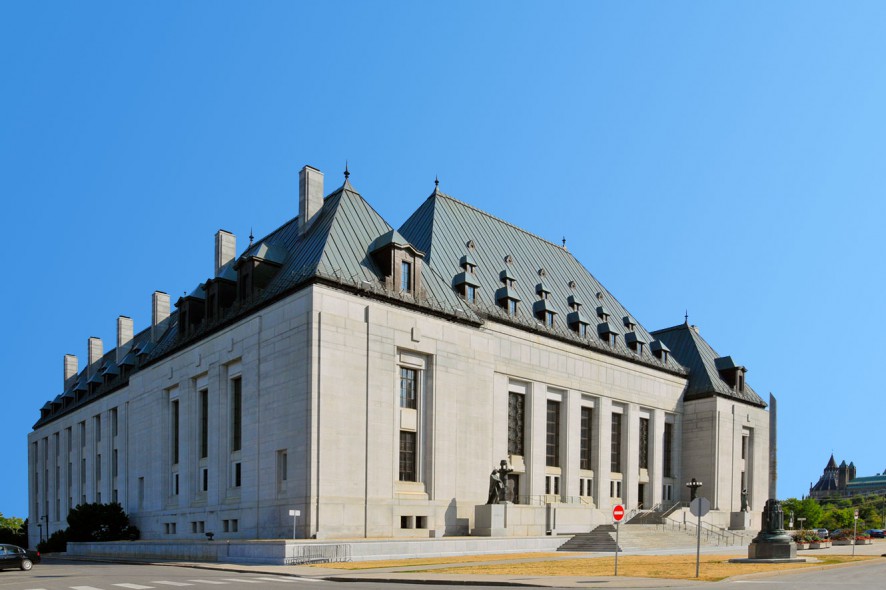‘Sentence must be proportionate to the gravity of the offence and the degree of responsibility of the offender’
Supreme Court of Canada: The 7-Judge Bench comprising of Abella, Moldaver, Karkatsanis, Wagner, Gascon, Côté and Rowe JJ., delivered a 6:1 majority decision by stating that refusing to provide a breath sample especially so when a death occurs clearly calls for a serious criminal offence set out in Section 255(3.2) of the Criminal Code.
In the present case, Mr Suter was arrested for driving his car onto a restaurant patio, which caused a fatal accident of a two-year-old kid. When the stated accident took place, Mr Suter was having a heated argument with his wife and while parking the car in front of the restaurant, he accidentally pulled the gas pedal instead of the brake and drove into the patio. On being arrested, he spoke to his legal aid lawyer who advised him not to give his ‘breath sample’.
Further, Mr Suter pleaded guilty for refusing the breath sample after causing an accident where someone died for which the sentencing judge gave a sentence of four months plus a thirty-month driving ban. Ideally, Mr Suter should have been sent to the jail of over 3 years but his sentence was lowered on the reasoning that he was given wrong advice by his lawyer which reduced his burden of moral blame. But, the Court of Appeal increased his sentence to 26 months.
On analysing the facts and circumstances of the case Michael Moldaver J. speaking for the majority placed an essential remark on the sentence placed by the sentencing judge and Court of Appeal. According to the majority, the sentence given of 4 months in prison by the sentencing judge was said to be inappropriate as the reasoning behind the sentence was highly concentrated towards Mr Suter not being drunk and receiving ill-legal advice, though his point on reduced sentence than normally given in other cases was a valid one as the circumstances in the instant case were of ‘unique’ nature. Further, the error caused by the Court of Appeal was of increasing the sentence due to the recasting of charges.
Therefore, in the instant case, the majority took note of all the essentialities of the case along with the sentences provided by the lower courts and stated that Mr Suter’s sentence be reduced to one of time served just over 10 and a half months without interfering with the prohibition on driving and allowing the appeal by re-sentencing and considering all the mitigating factors stated in the appeal.[R v. Suter,2018 SCC OnLine Can SC 12: 2018 Supreme Court Cases 34, decided on 29-06-2018]







